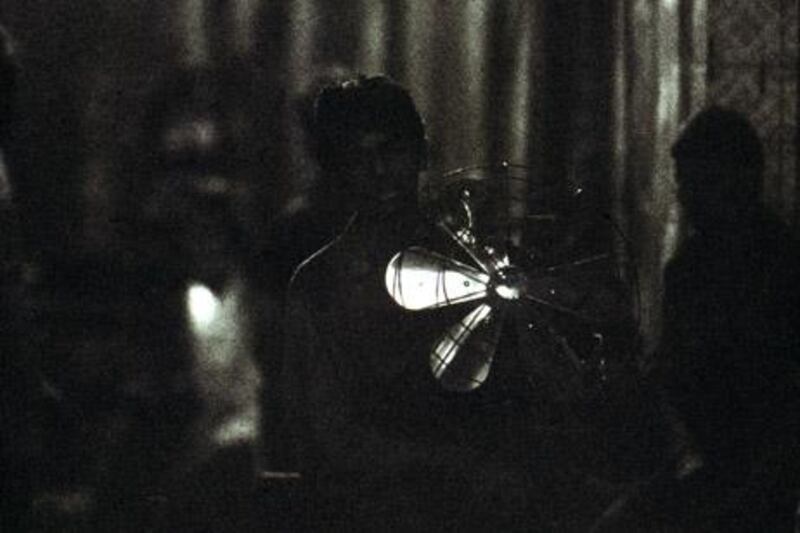First published in 2009 in Arabic by Dar al-Ain, Ibrahim Farghali's operatic satire Sons of Gebelawi achieved belated recognition last month when it was awarded the Sawiris Senior Fiction Prize, having previously endured some heavy handed treatment by Egyptian censors. The Review has an exclusive English-language extract from the novel, translated and introduced by Robin Moger:
Kibriya, a young calligraphist, awakes one morning to find that every single copy of Naguib Mahfouz's books have vanished from Cairo. In the culturally moribund and stifling atmosphere of the pre-revolution city, the mysterious disappearance of the Egyptian Laureate's works triggers a wholesale breakdown of public order. Reality buckles and breaks as Mahfouzian characters and cinematic stars are sighted across the city - their identities as confused as the literary awareness of those who see them - and no one seems to remember enough of the texts to reconstruct them. Nor is the novel's own narrative immune to these destabilising effects. The story is hijacked by a succession of increasingly unreliable narrators - failed novelists, half-cocked biographers and the frustrated "writing imps" and "companion spirits" that function as their muses - and all their literary ambitions, relationships and good intentions seem fated to come to nothing. A broken culture, Farghali tells us, is a broken society and yet from this failure he has constructed his own monument to the redemptive power of art. In the text below we meet one of our narrators, the "writing imp" of a failed novelist, who seeks to set the record straight. Read the extract here.






